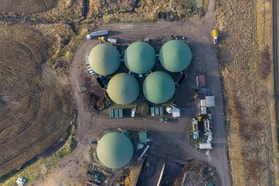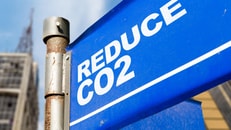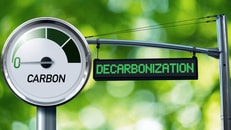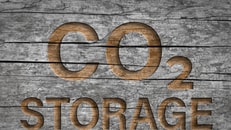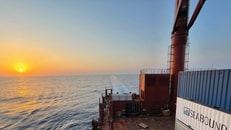Mission Zero opens UK’s first building materials plant with DAC
UK-based climate tech company Mission Zero Technologies (MZT) has opened a direct air capture (DAC) plant in Norfolk, in the east of England, integrating captured carbon dioxide into a limestone production process to create carbon-negative building materials.
Developed in partnership with UK waste tech business OCO Technology, the site is understood to be the UK’s first facility to integrate DAC directly into the production of construction materials, making them carbon-negative.
The project is backed by the UK Department for Energy Security and Net Zero and funded via the UK government’s Net Zero Innovation Portfolio, which supports the deployment of low-carbon technologies.
... to continue reading you must be subscribed






